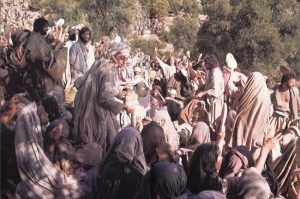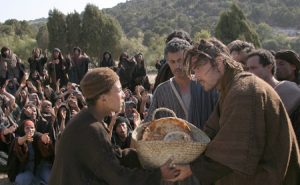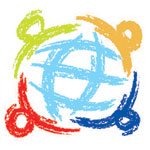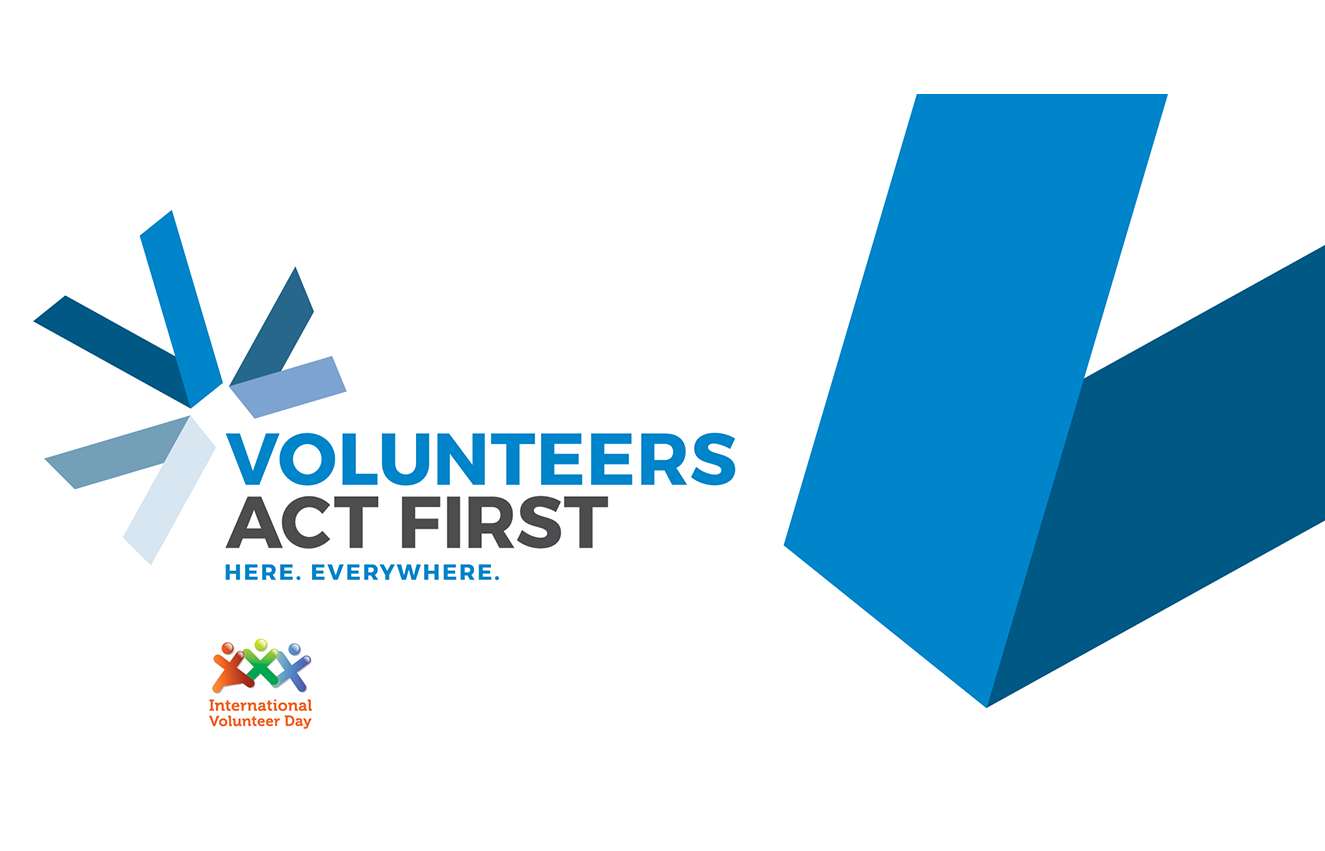 Le 21 juin 2021 est le 25e anniversaire national de la célébration du patrimoine, des diverses cultures et des réalisations remarquables des Premières Nations, des Inuit et des Métis!
Le 21 juin 2021 est le 25e anniversaire national de la célébration du patrimoine, des diverses cultures et des réalisations remarquables des Premières Nations, des Inuit et des Métis!
Qu’est-ce que la Journée nationale des peuples autochtones?
Le 21 juin est la Journée nationale des peuples autochtones. C’est une occasion spéciale de souligner, pour tous les Canadiens, le patrimoine unique, la diversité culturelle et les réalisations remarquables des Premières Nations, des Inuitet des Métis. La Constitution canadienne reconnaît ces trois groupes comme peuples autochtones.
Bien qu’il y ait beaucoup de points communs entre ces groupes, chacun d’entre eux a son patrimoine, sa langue, ses pratiques culturelles et ses croyances spirituelles.
En collaboration avec les organisations autochtones nationales, le gouvernement du Canada a choisi le 21 juin, date du solstice d’été, pour célébrer la Journée nationale des Autochtones. Pendant des générations, de nombreux groupes et collectivités autochtones ont célébré leur culture et leur patrimoine à cette date ou à cette période de l’année étant donné la signification que revêt le solstice d’été : le jour le plus long de l’année.
Pourquoi avoir créé la Journée nationale des peuples autochtones?
La Journée nationale des peuples autochtones a été annoncée en 1996 par le gouverneur général de l’époque, Roméo LeBlanc, grâce à la Proclamation désignant le 21 juin de chaque année comme Journée nationale des peuples autochtones. Cette journée a été créée à la suite de consultations auprès de divers groupes autochtones, qui ont fait des déclarations d’appui à cet égard.
- En 1982, la Fraternité des Indiens du Canada (maintenant l’Assemblée des Premières Nations) a demandé l’établissement de la Journée nationale de la solidarité autochtone
- En 1995, l’Assemblée spirituelle, conférence nationale d’Autochtones et de non-Autochtones, présidée par Elijah Harper, a proposé la création d’une fête nationale pour souligner la contribution des Autochtones
- Toujours en 1995, la Commission royale sur les peuples autochtones a recommandé l’adoption d’une journée nationale des Premiers Peuples.
Le 21 juin 2017, le premier ministre a fait une déclaration annonçant son intention de renommer cette journée « National Indigenous Peoples Day »; le nom reste le même en français.
Source: Texte: Gouvernement du Canada Image: CMHA National
 Qu’est-ce que la Journée nationale des peuples autochtones?
Qu’est-ce que la Journée nationale des peuples autochtones?





 Assembly in its
Assembly in its  We here in the first world take our coffee, bananas, jeans and sneakers for granted, but there are many people in other countries that are not so lucky. Every day, tens of thousands of people in various Asian, African and South American countries – men, women and even children – work themselves to the bone in nearly unbearable conditions for pennies so we can continue to enjoy those things. However, there are many people in this world who feel that everyone deserves decent wages and working conditions, regardless of where they live, and these people have created Fair Trade Day.
We here in the first world take our coffee, bananas, jeans and sneakers for granted, but there are many people in other countries that are not so lucky. Every day, tens of thousands of people in various Asian, African and South American countries – men, women and even children – work themselves to the bone in nearly unbearable conditions for pennies so we can continue to enjoy those things. However, there are many people in this world who feel that everyone deserves decent wages and working conditions, regardless of where they live, and these people have created Fair Trade Day.